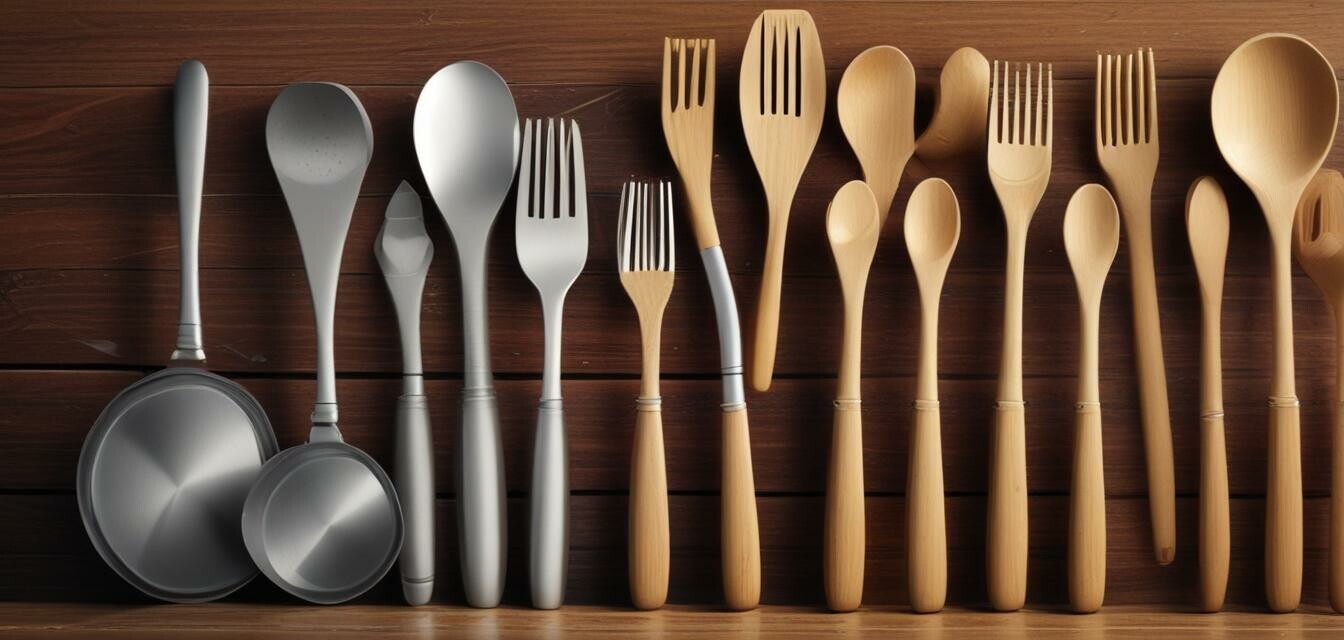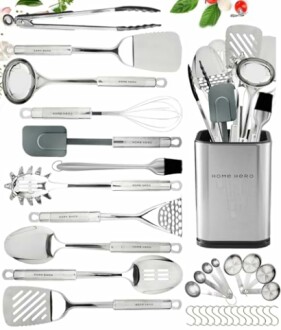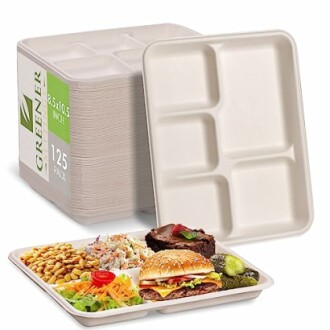
The case for sustainable eating utensils
Key Takeaways
- Sustainable eating utensils help reduce waste and environmental impact.
- Eco-friendly options include bamboo, stainless steel, and compostable materials.
- Quality and longevity are essential when selecting sustainable kitchenware.
- Choosing the right utensils can enhance your cooking experience.
- Buying sustainable products supports the growing market for eco-friendly kitchenware.
The importance of sustainable eating utensils cannot be overstated. As more people become conscious of their environmental footprint, the kitchenware industry is evolving to meet the demand for eco-friendly products. This article highlights the benefits of using sustainable utensils while recommending some options you might consider for your kitchen.
Why choose sustainable eating utensils?
Sustainable eating utensils offer various environmental benefits. Traditional plastic utensils contribute significantly to landfill waste and ocean pollution. By opting for greener alternatives, you not only help conserve resources but also promote a healthier planet. Below are some advantages of using sustainable materials in your kitchen:
- Reduced Waste: Many sustainable options are biodegradable or compostable.
- Natural Materials: Products made from bamboo or stainless steel are excellent alternatives to plastic.
- Durability: Higher quality materials mean longer-lasting utensils that withstand frequent use.
- Healthier Options: Eco-friendly materials often contain no harmful chemicals.
Popular eco-friendly materials for utensils
| Material | Benefits | Use Case |
|---|---|---|
| Bamboo | Biodegradable, lightweight, and durable. | Great for serving and cooking utensils. |
| Stainless Steel | Long-lasting, dishwasher-safe, and recyclable. | Ideal for knives, forks, and spoons. |
| Compostable Materials | Reduces landfill waste and is great for single-use options. | Perfect for parties and outdoor events. |
Recommended sustainable utensils
When it comes to choosing eco-friendly kitchenware, these products stand out:
Home Hero 32 Pcs Stainless Steel Kitchen Utensils Set
This comprehensive set includes high-quality stainless steel utensils designed for longevity and frequent use, making cooking a pleasure.
Learn MoreAnother fantastic eco-friendly option is:
100% Compostable 5 Compartment Plates
These disposable plates are made from sugarcane by-product and are perfect for any occasion, minimizing environmental impact.
Learn MoreChoosing the right utensils
When selecting sustainable eating utensils, keep the following tips in mind:
Tips for beginners
- Consider durability — invest in quality utensils that won't need frequent replacement.
- Check for certifications that indicate eco-friendliness.
- Look for versatile products that can serve multiple purposes, reducing the need for excess utensils.
- Support brands committed to sustainable practices.
Conclusion
Switching to sustainable eating utensils isn’t just good for the environment; it can also make cooking and dining more enjoyable. By selecting products made from bamboo, stainless steel, and compostable materials, you not only invest in quality but also contribute to a cleaner planet. Explore more about eco-friendly solutions at our Spotlight Features category or dive deeper into our Eco-Friendly Food Storage resources for sustainable kitchen tips.
Pros
- Eco-friendly and sustainable materials.
- Durability and longevity.
- Reduce single-use plastic waste.
Cons
- Initial cost may be higher than plastic alternatives.
- Some materials may require special care, like handwashing.




